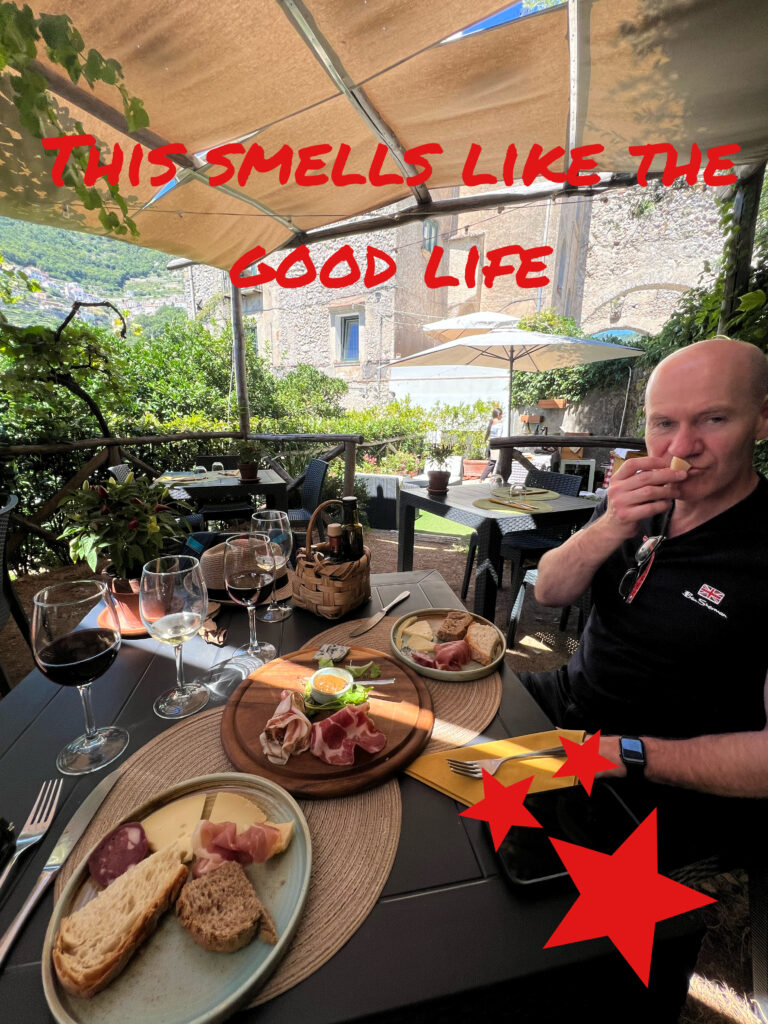





In the movie A Good Year, the main character, played by Russel Crowe, travelled to Provence to settle his uncle’s estate. There, while drinking wine under a big tree, he realised what life should be about, and the movie ends with Crowe’s character resigning from his job at a high-end firm in London to move to the French countryside to live a less complicated and stress-free life. For a long time, I have associated this picture of relaxing with a glass of wine under a tree with a good life. When I travel to the European countryside, I am always envious of the locals living a slow and seemingly good life – the La Dolce Vita.
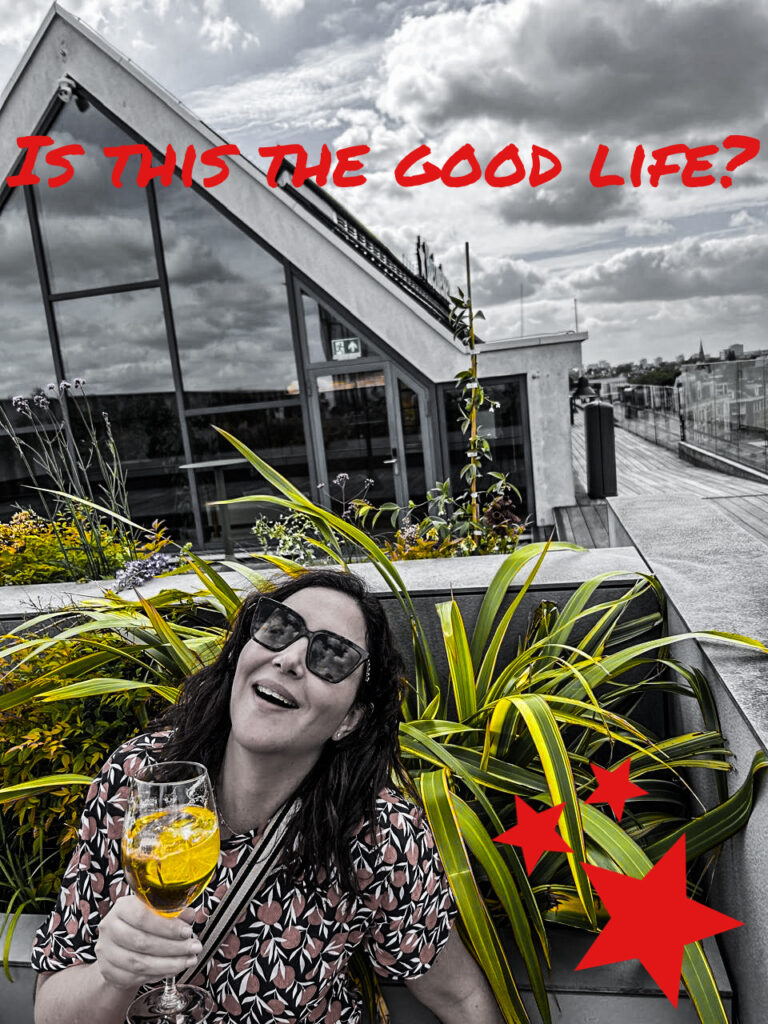
Life is tough, but also wonderful – The Buccaneers, Apple TV
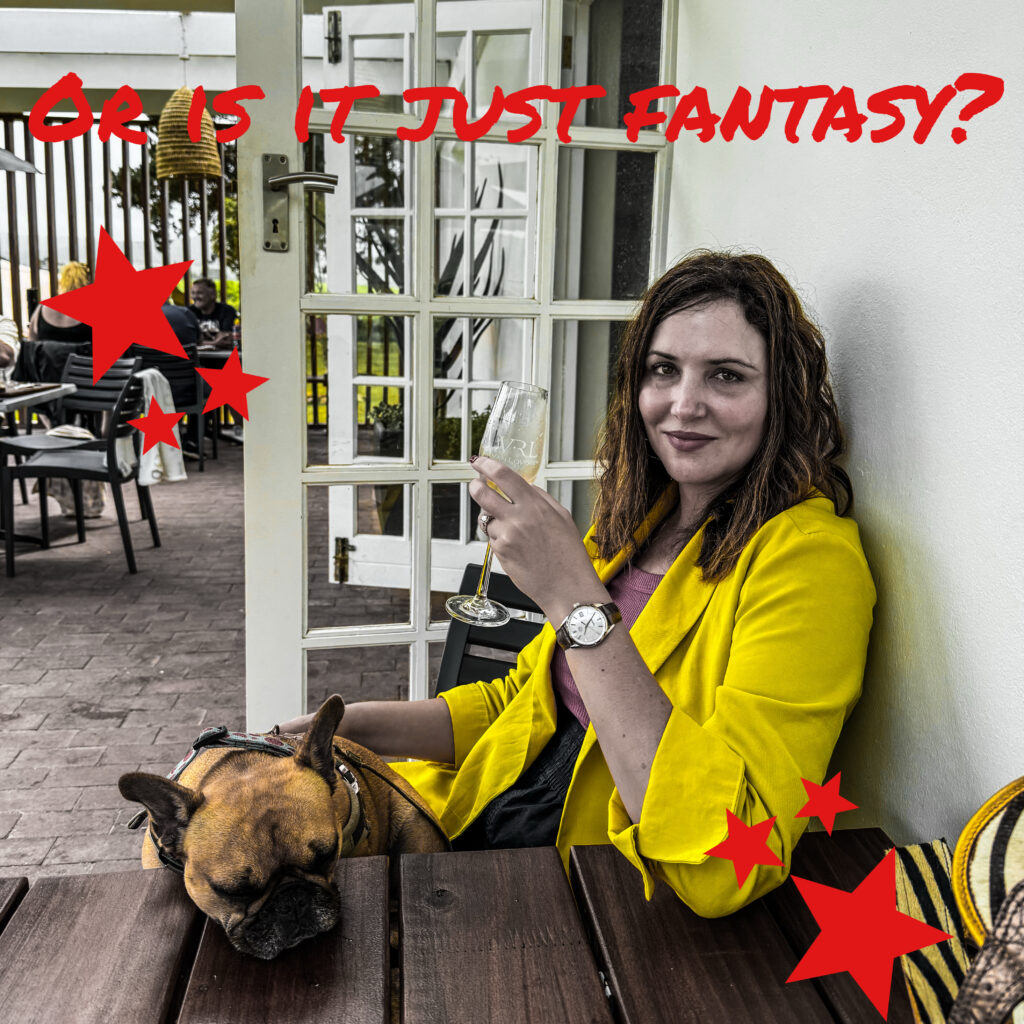
We all want to live the good life, but what it means to live a good life is different for everyone. This concept has preoccupied human beings for millennia. Philosophers like Socrates and Plato believed that someone is living a good life when they live a morally virtuous life. In their eyes, living a good life simply meant being a good person — someone who is honest, trustworthy, kind, selfless, generous, helpful, and loyal. The ancient Greek philosopher Epicurus declared bluntly that what makes life worth living is that we can experience pleasure. I am probably an epicurean as I tend to rely on earthly things and guilty pleasures to remind me that I am indeed living a good life. Talismans I hold onto, reminding me that my life is good. While Socrates emphasised virtue and Epicurus emphasised pleasure, Aristotle, another great Greek thinker, thought more comprehensively about what it means to live a good life. According to Aristotle, we all want to be happy. However, it is essential to note that what we think of as happiness can distort Aristotle’s notion of what a good life is. Aristotle’s happiness does not relate to a particular emotion or having a certain kind of experience. He had a broader concept in mind. He focused not on what makes us psychologically happy, but instead on what makes our lives go well. He wanted to know what it takes to live a flourishing, well-lived life.
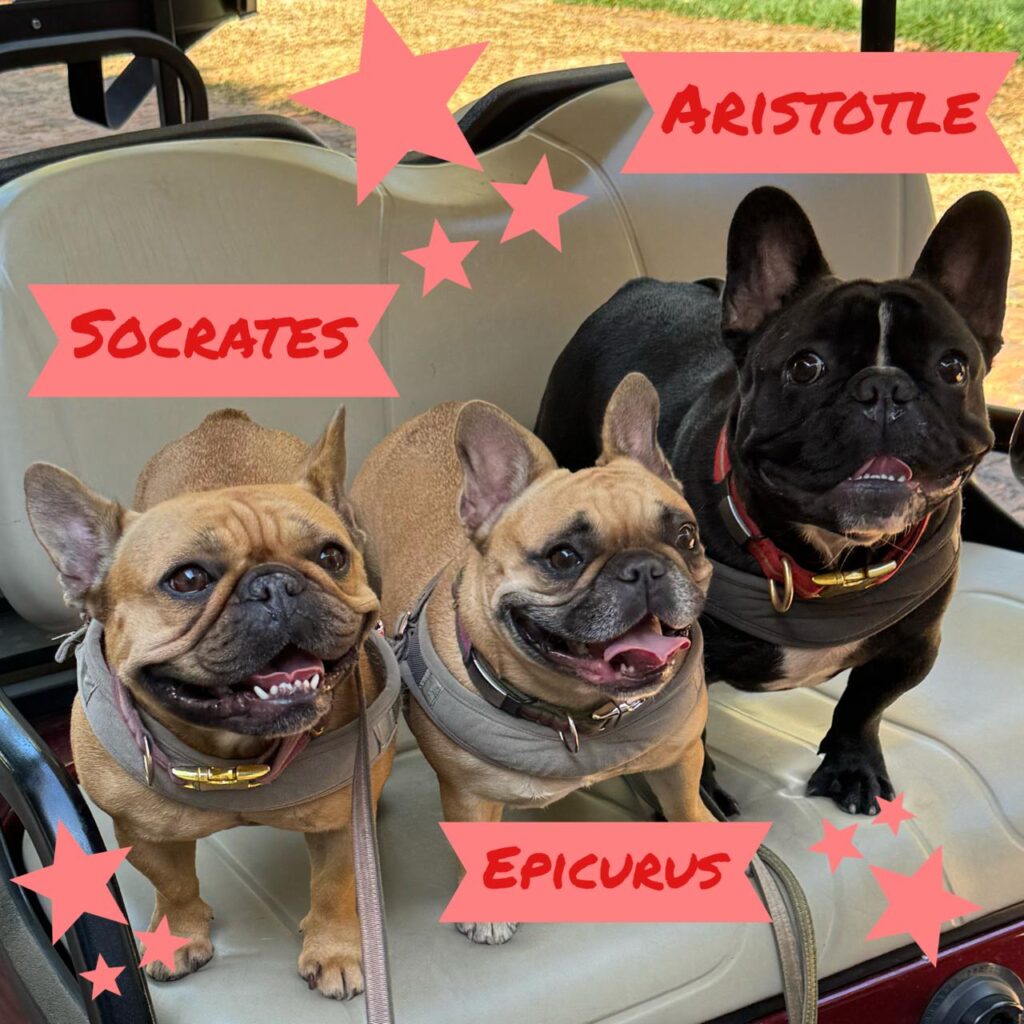
Annnus horribilis, a phrase meaning “terrible year”, was made famous by Queen Elizabeth II in a speech she delivered at the end of 1992. It was a year marked by scandal and disaster for the British royal family. So far this year, I have only tried to survive the ups and downs of life. I have not been flourishing, and so lately I have started to wonder what it really means for me to live a good life. During a difficult time, I so often hear people wish that the year would pass quickly as they believe the next year will be better. But to quote Robert Frost, “In three words I can sum up everything I’ve learned about life: It goes on”. I have come to learn that each year brings new trials and tribulations, and that I must focus on what is good in my life, even during the tough times.
I have lived through much, and now I think I have found what is needed for happiness. A quiet, secluded life in the country, with the possibility of being useful to people to whom it is easy to do good and who are not accustomed to having it done to them; then work which one hopes may be of some use; then rest, nature, books, music, love for one’s neighbour. Such is my idea of happiness – Leo Tolstoy
During an interview with Larry King, Sharon Stone said that happiness is a discipline. We must choose happiness. She explained it is like working out – you have to stay present with it and keep on working at it. You must focus on the things that cause happiness and let go of the negative. My Mom used to explain to me that we each wear a pair of glasses when we look at life. If the glasses are dirty, everything around us will look messy and sad. We can decide each morning with which pair of glasses we are going to look at life.
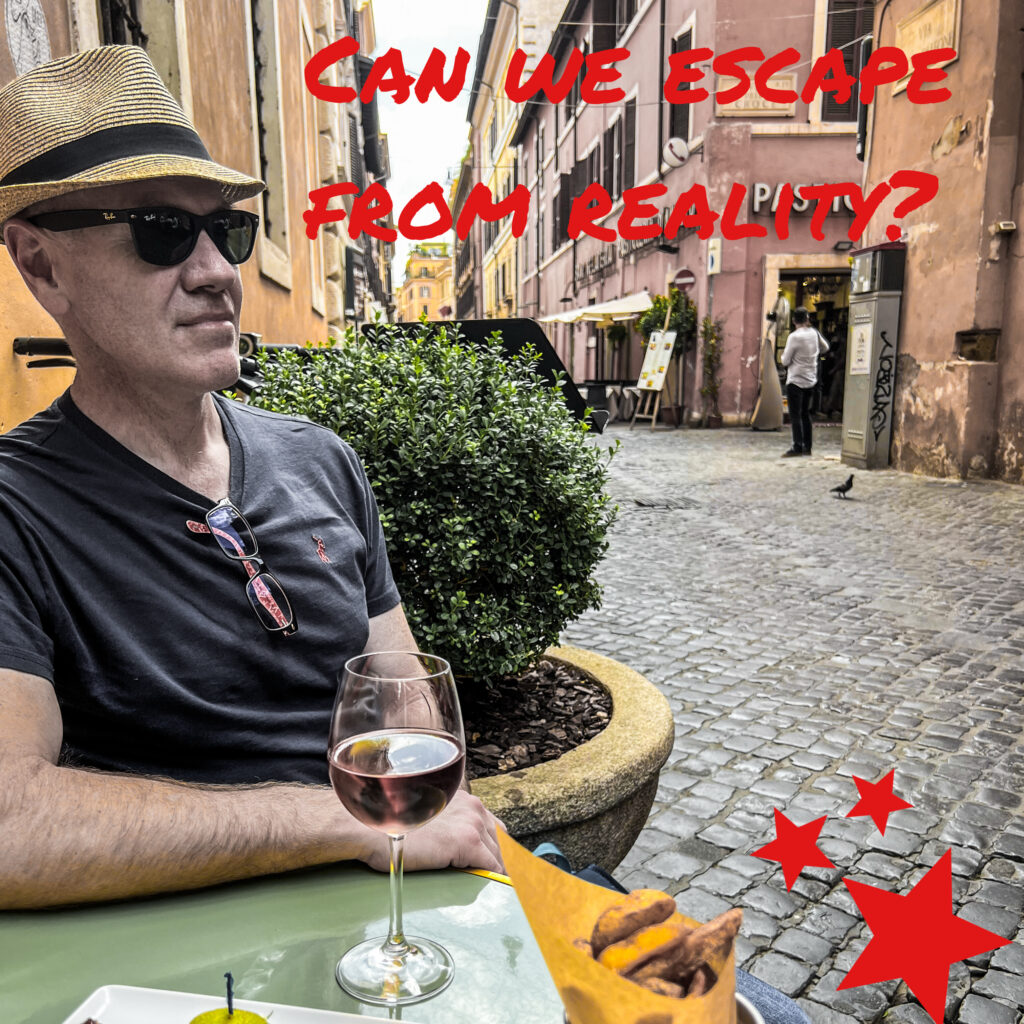
One must believe in the possibility of happiness in order to be happy – War and Peace, Leo Tolstoy
We have a duty to ourselves to decide what it means to live a good life and to live it. It is your life, you only have one, so live it and live it well. It is courageous to make this continuous decision, as we often feel guilty when we look at those close to us who are not choosing to do so. Empathy with another so frequently prevents us from choosing happiness. My Mom taught me to be responsible towards others, but that I am not responsible for others and the way that they choose to live their lives.
I think everything in life is art. What you do. How you dress. The way you love someone, and how you talk. Your smile and your personality. What you believe in, and all your dreams. The way you drink your tea. How you decorate your home. Or party. Your grocery list. The food you make. How your writing looks. And the way you feel. Life is art. – Helena Bonham Carter
I don’t have a clever or catchy ending for this blog because I am still deciding what makes me flourish in my midlife after chasing career success, finding a husband and creating. Oprah Winfrey believes that having purpose makes one happy but it can be difficult to find purpose during one’s quieter midlife years. Maybe Tim Minchin, a comedian, had it right when he addressed the graduates of the University of Western Australia: “There is only one sensible thing to do with empty existence, and that is fill it. Life is best filled by learning as much as you can about as much as you can. By taking pride in whatever you are doing, having compassion, sharing ideas, exercising, being enthusiastic, and then there’s love, travel, wine, sex, art, kids, giving, and mountain-climbing. It’s an incredibly exciting thing, this one meaningless life of yours”.
